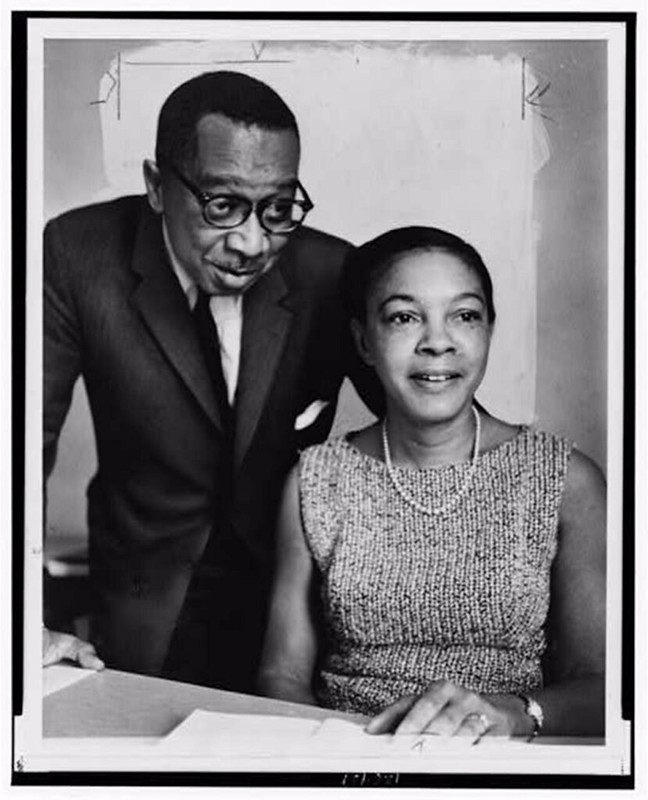Many know the names of famous figures such as Freud, Jung, and Pavlov. However, there are many other important figures whose names have been lost to the general public. It is important we remember such figures and their contributions to the field. Perhaps the most impactful power couple in the field of psychological research, Kenneth and Mamie Clark, tore down the fictitious science of eugenics, played an integral role in desegregation, and set firsts as African-Americans.
Education & Early Careers
Despite having a doctor for a father who was able to give her the support many other Black children did not have at the time, Mamie would face many barriers. Like Kenneth, her childhood education would be in segregated schools. After high school, Mamie received a scholarship from Howard University where she would begin studying math and physics. This department was not welcoming to Mamie as a Black woman. She quickly realized the lack of support around her and began to question her career goals. Kenneth Clark would meet her at the university and encourage her to explore the field of psychology. Eventually, the two would marry and both would complete their doctoral studies at Columbia University. Kenneth would go on to become a successful researcher and professor, eventually becoming the first African-American APA president in 1966. Mamie, however, struggled to obtain a foothold in psychology which was very much dominated by White men of the time. Eventually, Mamie would find her place in the field after working in childcare and realizing her passion for helping marginalized children.
The Doll Experiment
Working together to develop and carry out their research, the Clarks would spend the early 1940s conducting one of the most important studies regarding the perception of race in children. Children aged 3-7 were shown a black doll and a white doll. They were then asked which doll they preferred and why. The majority of children stated they preferred the white doll and assigned it positive characteristics while the black was labeled as “bad”. These results were shocking and the Clarks argued this demonstrated that children learned and internalized racism at an early age. While opponents would be quick to dismiss the study as biased, it would have incredible impacts to come.
Brown v. Board of Education
Due to their research on racism and the impacts of segregation on children, the Clarks would be called as expert witnesses in the case Brown v Board of Education. Their main opponent: Mamie’s former education advisor Henry Garrett. Garrett was known for his outspoken support of eugenics and frequently stated that African-Americans were “genetically inferior”. As expert witness for the defense, he argued that segregation was beneficial to both Whites and Blacks due to their differences. The doll experiment became a central focus in this debate, ultimately deconstructing Garrett’s arguments and leading to the end of segregation in schools.
A Lasting Legacy
From their integral part in Brown v Board of Education to their everyday activism, Mamie and Kenneth Clark played an important role in desegregation and the study of race relations. Kenneth achieved many firsts as an African-American man. Mamie overcame great obstacles to find success, although she is still overshadowed by many of her male peers. Their Doll experiment continues to be replicated today and is used by some researchers to measure progress and change over the years. It is undeniable that this couple has had a profound impact on society and their roles cannot be highlighted enough.
If you would like to learn more about the Clarks and their research, check out the links below…
NAACP – Brown v. Board and “The Doll Test”
